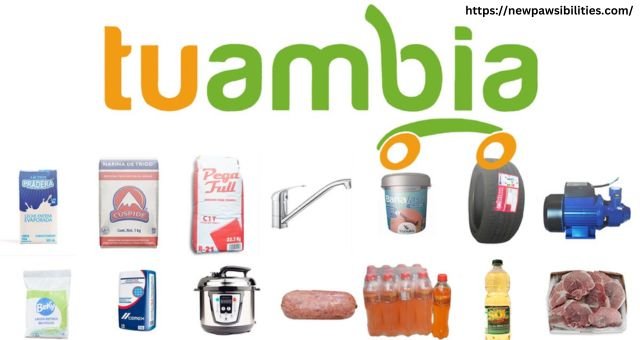The Types of Product Liabilities Consumers Should Know About

Product liability refers to the legal responsibility that manufacturers, distributors, or sellers have if their product causes harm to a person. This can happen when a product is designed poorly, manufactured incorrectly, or doesn’t come with the right warnings or instructions.
Knowing about the type of problem that caused the harm isn’t something most people can figure out on their own. It typically requires a specific level of know-how, the exact level that a product liability lawyer has.
They know how to sort through the details and figure out what kind of case you have, so that you can hold the right party accountable and ask for the appropriate compensation.
In this article, we’ll be giving you a detailed rundown of the different types of product liability cases you should know about as a consumer.
Defective Manufacturing
A manufacturing defect happens when a product is made incorrectly, even though the design was perfectly safe. The defect might happen at the factory, during assembly, or even when the product is being packaged.
The important thing here is that this defect might affect only a small number of products. Even if just one product out of thousands is made incorrectly, it’s still considered defective manufacturing. This type of defect is one of the most common reasons people file product liability claims.
Design Defects
Design defects are a little different. In this case, the product was made exactly how it was supposed to be, but there’s a problem with how it was designed in the first place. This means that every product made with this design could potentially be dangerous.
For example, imagine a car that has a design flaw that makes it tip over easily when taking sharp turns. Even though the car was built correctly, the design itself is flawed and poses a danger to everyone using it.
This kind of defect often leads to widescale recalls, where the company has to admit that the product design was faulty from the start.
Inadequate Warnings Or Instructions
In many cases, a product itself may not be defective, but without the right warnings or instructions, it can still be dangerous. Companies are required to tell consumers how to use their products safely.
If they fail to include clear instructions or warnings about possible risks, they could be held liable for any damages that happen as a result.
Breach Of Warranty
A warranty is like a promise that a product will do what it’s supposed to do. When you buy something, you expect it to work safely and effectively.
There are two types of warranties:
- Express
- Implied
An express warranty is a clear, written or spoken promise from the seller.
For instance, if a company tells you that a washing machine comes with a one-year warranty, they’re giving you an express warranty that it should work for at least a year. If it breaks down within that time and they refuse to fix or replace it, they’ve breached the warranty.
An implied warranty, on the other hand, is more like an unspoken promise. It’s assumed that when you buy something, it will be safe to use.
For example, when you buy a new blender, you don’t expect it to blow up the first time you plug it in. If it does, that’s a breach of the implied warranty, because it wasn’t fit for its purpose.
Now, in both cases, the company can be held liable if the product fails to live up to these promises that were made.












